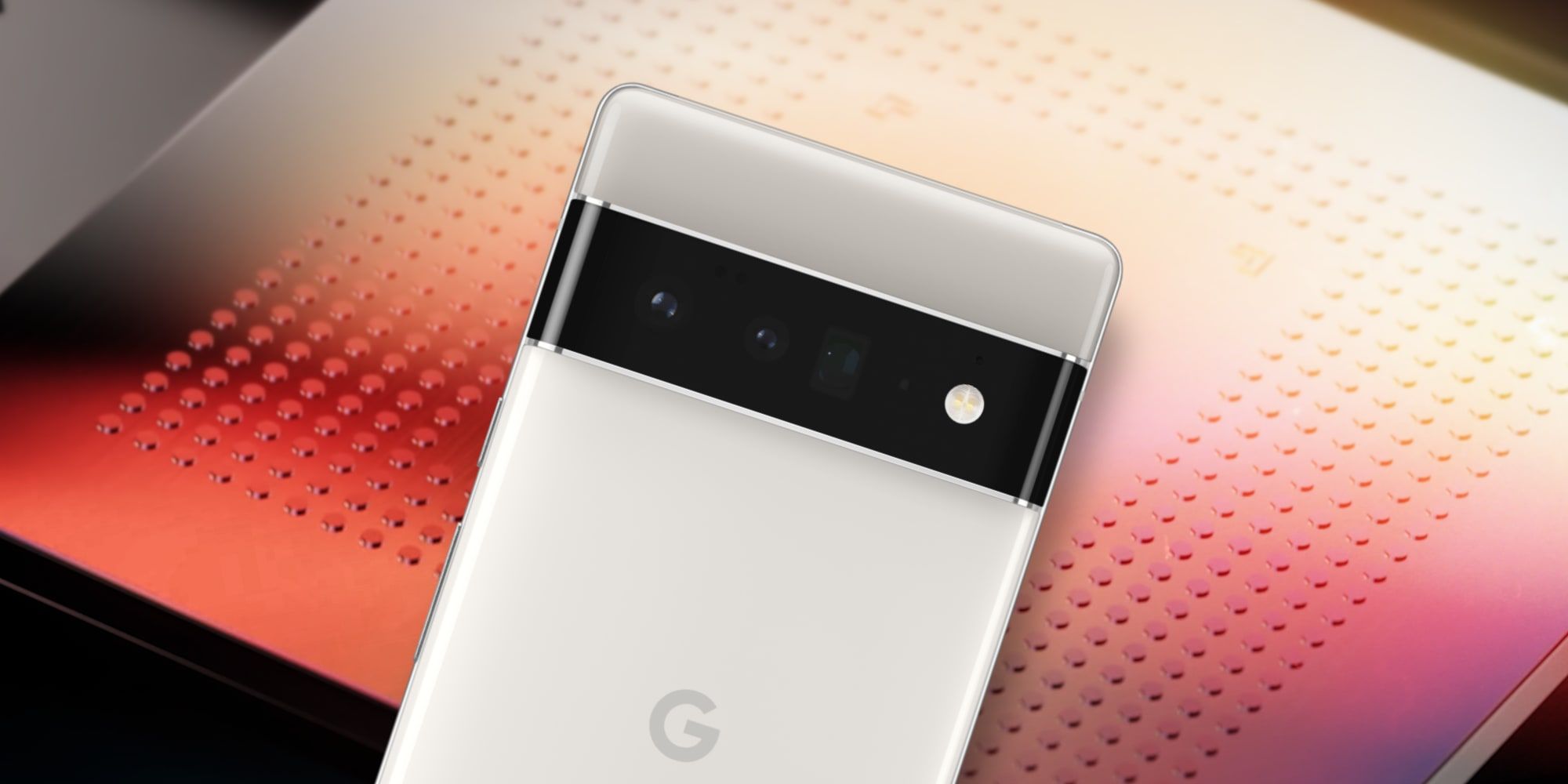Benchmark results just appeared online for the Pixel 6 Pro, possibly offering an early look at the performance of Google's first in-house mobile processor. Thanks to ample leaks and direct confirmation from Google itself, a lot is already known about the upcoming Pixel 6 and Pixel 6 Pro. The phones are set to arrive later this fall with radical new designs, upgraded camera systems, fast refresh rate displays, and a whole lot more.
Perhaps the most intriguing thing about the Pixel 6 series is the processor. Rather than using the latest and greatest chip from Qualcomm, the Pixel 6 and 6 Pro will ship with Google Tensor. Google's offered a few hints of what to expect from Tensor, such as improved AI and machine learning, a "transformed" camera experience, better voice commands, and faster on-device translation. While all of that's certainly exciting, Google's remained silent on Tensor's raw performance.
Thanks to a recent test result on Geekbench, those details may have just leaked. The popular benchmark website has a new listing for the 'Google Pixel 6 Pro.' The Pixel 6 Pro's CPU shows a single-core score of 414 and a 2074 multi-core score — numbers that are objectively lower than the Galaxy S21's results of 970 and 3045, respectively. The test goes on to list the CPU as featuring eight cores with a base frequency of 1.80GHz and three clusters. Cluster 1 has four cores clocked at 1.80GHz, Cluster 2 has two cores at 2.25GHz, and Cluster 3 features the remaining two cores at 2.80GHz.
GPU & RAM Details For The Pixel 6 Pro
Moving from the CPU to the GPU, the Pixel 6 Pro lists its graphics chip as the Mali-G78. That's the same GPU used in Samsung's Exynos 2100 flagship processor, meaning the Pixel 6 Pro should be more than well-equipped for all types of gaming. Another interesting tidbit is the mention of 11.21GB of RAM (which will likely be marketed as 12GB). That's a considerable step up from the 8GB of RAM used in the Pixel 5, which was already an increase over the 6GB used in the Pixel 4. Seeing as Pixels don't have the best track record for memory management, increasing RAM up to 12GB is a welcome sight to see.
Assuming these numbers are accurate, they confirm what many people have been anticipating of Google Tensor. Rather than chasing the best benchmark numbers, the draw to Tensor will be its AI prowess. Those single and multi-core scores may not look all that impressive compared to other Android flagships, but then again, other Android flagships aren't benefitting from the other improvements Google's made specifically for the Pixel 6 and Pixel 6 Pro.
The other caveat to keep in mind is that benchmark results aren't always 100 percent representative of the final product. If this was actually taken on a Pixel 6 Pro, it was likely done on non-final hardware and a pre-release software build. That means the Pixel 6 Pro's performance scores could very well be higher when it finally launches. But again, that's missing the whole point of Google Tensor. Regardless of what the actual numbers end up being, Tensor's bound to impress one way or another when the Pixel 6 finally hits the scene this fall.
Source: Geekbench


